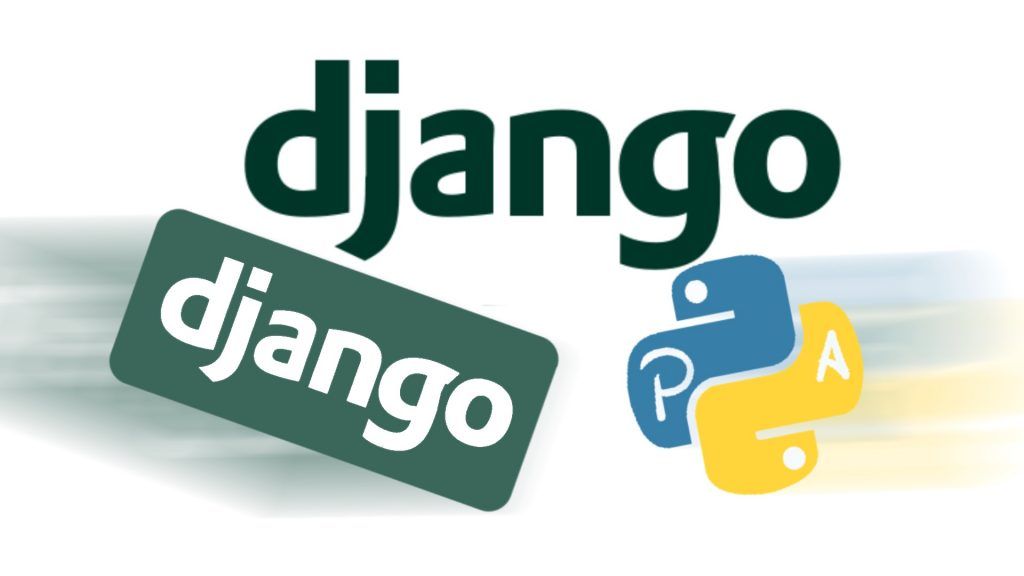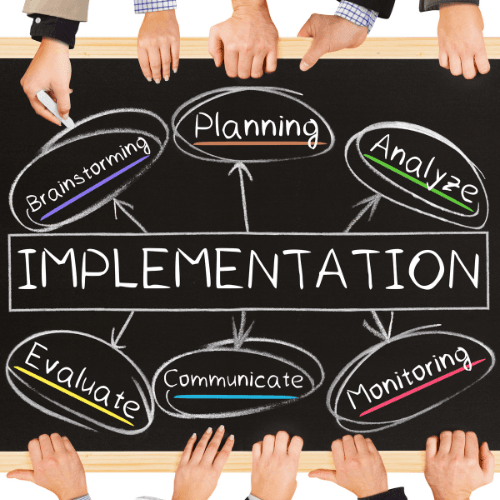Django
Elevate your IT automation with our Ansible implementation services. We'll empower your organization with efficient and automated solutions for enhanced productivity.

Elevate your IT automation with our Ansible implementation services. We'll empower your organization with efficient and automated solutions for enhanced productivity.

Django is a high-level, open-source web framework for Python. It is designed to simplify and streamline the process of building web applications by providing a robust set of tools and features. Django follows the “batteries-included” philosophy, which means it comes with a wide range of built-in components and libraries to handle common web development tasks, allowing developers to focus on building their applications rather than reinventing the wheel.
Django's high-level abstractions and built-in components enable developers to build web applications quickly and efficiently.
Django's ORM simplifies database interaction by allowing developers to work with Python objects, reducing the need for raw SQL queries.
Django includes a customizable admin interface that provides a user-friendly way to manage application data and user accounts.
Django emphasizes security, providing built-in protection against common web vulnerabilities like SQL injection, cross-site scripting (XSS), and cross-site request forgery (CSRF).
Django offers robust authentication and authorization systems, making it easy to secure user accounts and control access to application resources.
Django's URL routing system allows developers to define URL patterns and map them to views, making it easy to create clean and organized URLs.
Django's template engine simplifies the creation of dynamic and reusable templates for web pages.
Django applications are designed to scale horizontally, allowing them to handle increased traffic and load.
Django's middleware architecture enables developers to add custom processing to HTTP requests and responses, enhancing application functionality.
Django is highly customizable, allowing developers to tailor the framework to their specific project requirements.
Django supports building multilingual and international applications, including features for handling translations and date formats.
Django includes a testing framework that makes it easy to write and execute unit tests for your application.
Django has a vibrant community of developers, extensive documentation, and a rich ecosystem of third-party packages and extensions.
Django REST framework is a popular extension for building Web APIs, allowing developers to create RESTful services alongside web applications.
Django is suitable for a wide range of web applications, from simple websites to complex, data-driven platforms.
Django implementation involves the process of building web applications using the Django web framework. This includes setting up Django on a server, configuring the project’s settings, creating database models, defining URL patterns, and developing views and templates to create a fully functional web application. Django’s built-in features, such as the admin interface, ORM, and authentication system, simplify and accelerate the development process, making it an efficient choice for creating web applications.

Django custom module development refers to the creation of specialized modules or components within a Django web application. These modules are tailored to meet specific functionality or feature requirements that are unique to your project. Django’s modular architecture allows developers to extend and enhance the framework’s capabilities by building custom modules, which can include custom template tags, middleware, authentication backends, and more. This approach enables developers to create web applications that precisely meet the needs of their projects while taking advantage of Django’s robust foundation.

Django maintenance involves ongoing tasks to ensure the smooth and secure operation of a Django web application. It includes activities such as applying software updates and security patches, monitoring performance and server health, managing user accounts and permissions, and routinely backing up data. Django maintenance is essential to keep your web application secure, up to date, and running smoothly for users.
